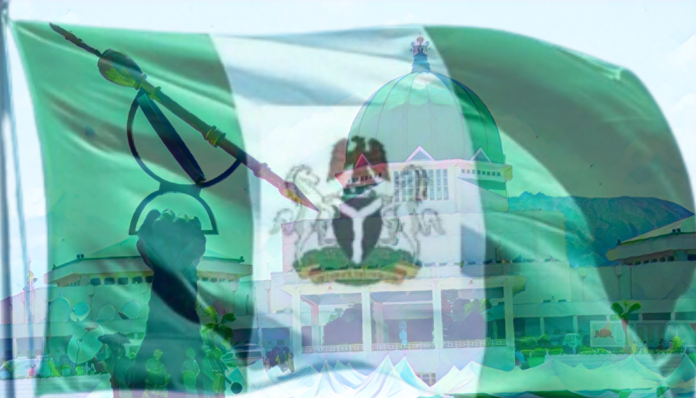Key points
-
Bad leadership in Nigeria blocks growth and progress.
-
Corruption and weak institutions fuel poverty and underdevelopment.
-
Citizens must demand accountability to break the cycle.
Nigeria’s struggle with bad leadership is not new. Decades ago, literary icon Chinua Achebe warned that the country’s greatest problem was not resources or culture, but leadership failure. His words remain relevant today, 65 years after independence.
The early years of nationhood saw founding fathers with vision, but weak institutions, rising tribalism, and political rivalries undermined progress.
The coups of the 1960s, the Civil War, and decades of military rule entrenched corruption and authoritarianism, setting the stage for recurring leadership failures.
Instead of building on independence, Nigeria slid into elite selfishness, institutional decay, and abandoned potential. This legacy has continued to haunt the country.
Consequences of bad leadership in Nigeria
The signs of bad leadership are clear: corruption, nepotism, broken promises, weak institutions, disregard for law, and collapsing infrastructure. The results are devastating.
Nigeria has earned more than $1 trillion from oil since the 1970s, yet electricity remains unreliable, refineries barely work, and roads are in ruins.
Over 133 million citizens live in multidimensional poverty. Youth unemployment hovers around 40 percent, and the country ranks 161 out of 191 nations on the Human Development Index.
While nations like Malaysia and South Korea have surged ahead since the 1960s, Nigeria stagnated. The rise of “Japa,” where young professionals flee abroad, reflects deep frustration with the system.
Former leaders and current voices echo the same verdict: Nigeria is not poor in resources, but poor in leadership.
Breaking free from the leadership trap
Analysts and citizens agree that Nigeria’s only way out is to fix the leadership system. Experts recommend building strong, independent institutions like the judiciary, police, and anti-corruption agencies.
Elections must be credible, free of manipulation and vote-buying, and leadership selection should prioritize competence over ethnicity or wealth.
Citizens also have a role to play. Voter education, accountability, and rejecting corrupt leaders are crucial. Mentorship and civic education must groom the next generation of leaders.
Achebe once wrote: “You do not need to look far to know whether a country is well run. Just look at the quality of its leadership.”
Unless Nigerians demand better leadership and hold leaders accountable at the ballot box, the cycle will continue.



